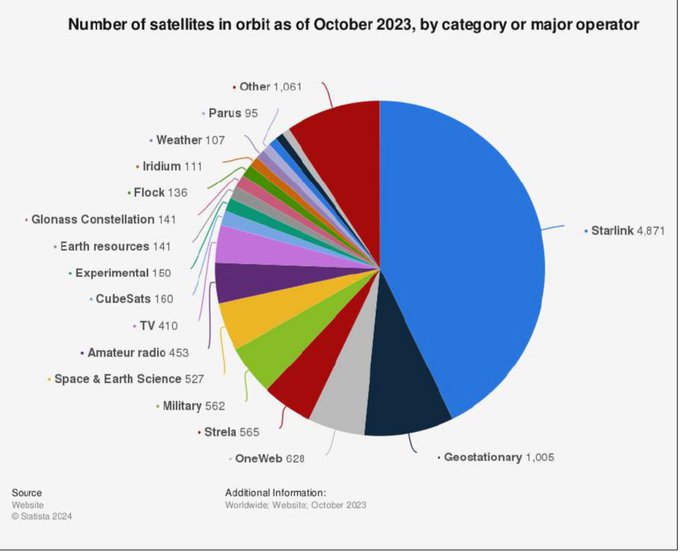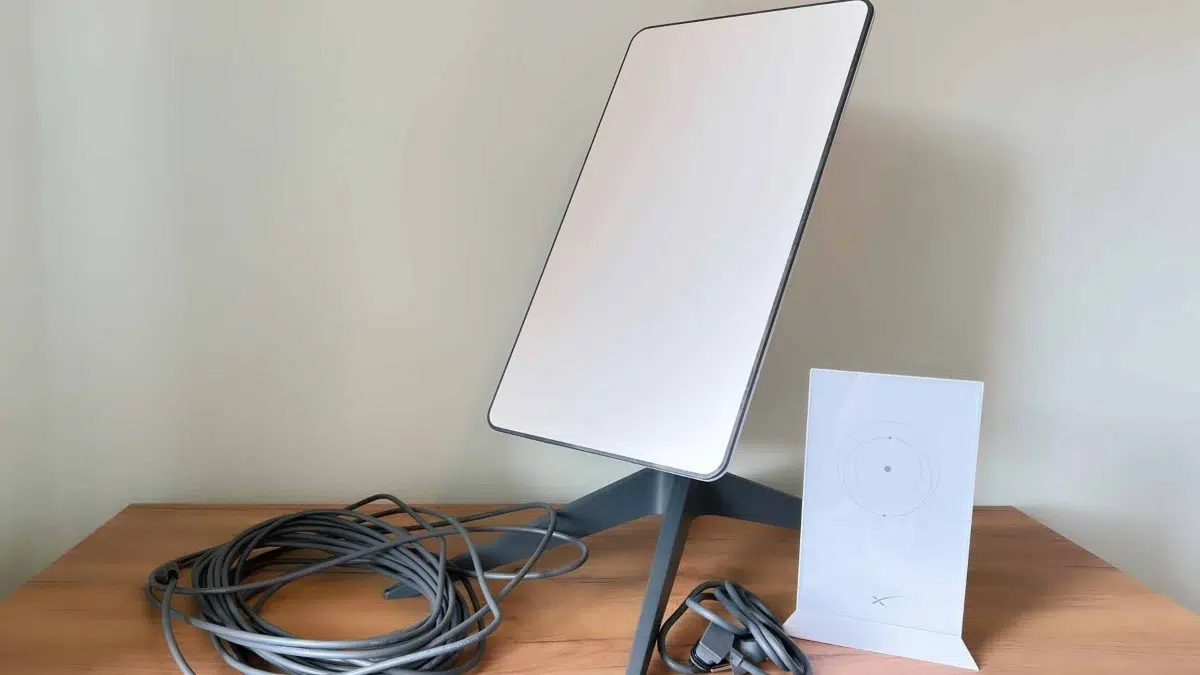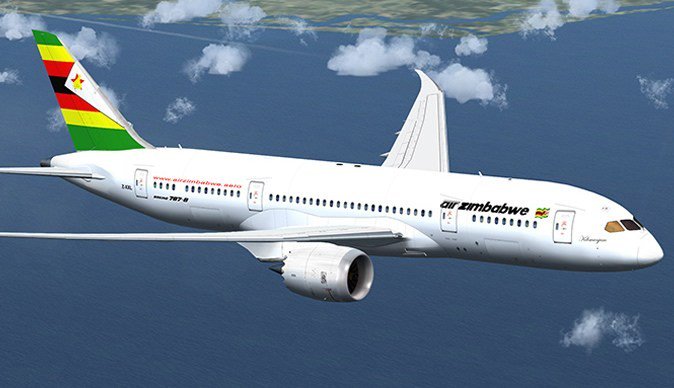The likely licencing of Elon Musk’s Starlink as a satellite internet service provider in Zimbabwe could greatly boost the country’s economic dynamism and connectivity.
Apparently, this could lead to a fall in telecommunications costs, according to analysts.

The vice president of technology and society at Google, Dr James Manyika, believes Zimbabwe has the potential to become Southern Africa’s technology hub and intends to leverage on his expertise to empower the country’s young minds.
He believes by embracing technologies like those provided by Starlink and other internet providers the country could become a regional technology hub.
“I don’t see why Zimbabwe cannot be one of the regional hubs in this part of Africa for entrepreneurs, innovators and many others, including investors, who want to come and help launch things from Zimbabwe. It can be an extraordinary digital hub for the region,” Dr Manyika said recently.
He was also an adviser to former US President Barack Obama.
He advised Zimbabwe to prioritise addressing digital infrastructure gaps to develop the ICT sector.
Commenting on the government’s stance against Starlink users in the country, renowned investigative journalist Hopewell Chin’ono said:
“They criminalise internet access using @starlink satellite based device which could actually massively increase internet access, yet they now say they want the whole country connected by 2030.”
Another market watcher and political commentator Elder Mabhunu concurs with Chin’ono adding that the country could benefit greatly by licensing Starlink.
He said so, banking on the rise in technological advancement globally.
Speaking at a recent annual telecommunications conference, Information and Communications Technology (ICT), Postal and Courier Services minister Tatenda Mavetera alluded that the government hoped to finalise the entrance of Starlink into the Zimbabwean market by the end of July this year.
As the nation eagerly awaits the regulated entrance of Starlink, SpaceX’s ambitious satellite-based internet service, the industry braces for a seismic shift.
Zimbabwe’s telecommunication market is dominated by established players like Econet Wireless, NetOne, and Telecel Zimbabwe.
These mobile network operators (MNOs) have invested in network upgrades, expanding LTE coverage primarily in urban areas. While Starlink introduces a disruptive alternative to internet provision, it is imperative to understand that it will not directly compete with MNOs.
Starlink primarily serves fixed locations (homes, businesses), while MNOs cater to mobile users. Therefore, Starlink will only have to complement existing services.
Meanwhile, in a recent analysis on Zimbabwe’s economy, the World Bank identified telecommunications connectivity as one of the main barriers to private sector growth.
Zwnews/ Newsday














